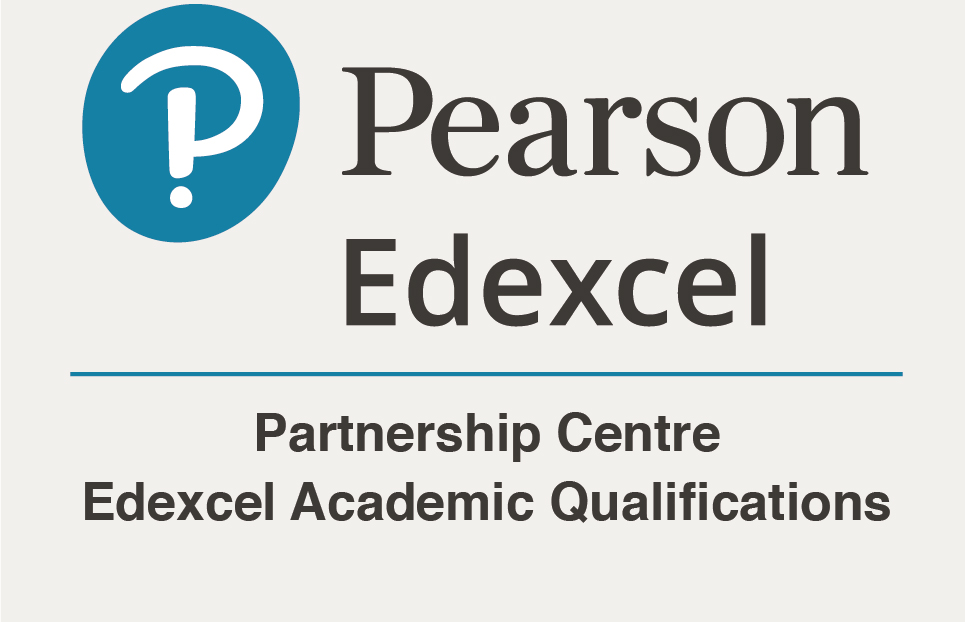Self-Belief Leads to Happiness and Success
Welcome to the first column of a new chapter. For more than ten years, Smart Lessons by Brighten has brought readers of The Standard cutting edge education stories from around the world, regarding these developments with our unique, critical lens, and helping parents, educators and students stay abreast of the most important developments in teaching, learning and personal development. We will continue to bring out reader superlative content via our own platform, giving us carte blanche to explore important topics of our choose. So, if there’s a subject you’d like us to investigate, or you’d like use to share our expertise on a particular challenge, please get in contact.
This week, we’ll be sharing new research from Liverpool University in the UK, which has shown that Students’ success and happiness can be improved by building their self-belief – their perception of their capacity to complete a challenging task. In a study of 763 students at Xi'an Jiaotong-Liverpool University in China, researchers found that students with high self-belief performed well in their final year project and were more satisfied with their learning experience even if they were not assigned their preferred project or teacher. On the other hand, students with low self-belief were less happy and performed poorly, although they had access to good resources. The students we worked with were studying a range of subjects, such as mechatronics, robotics, computer science, electrical and electronic engineering.

In their final year, they worked on a particular project, developing research questions and putting together a research method, as well as carrying out data collection, analysis and results reporting. Each student had a supervisor to provide guidance on the project. The students were able to select ten preferred projects from a list of 635 projects and were then allocated one of their ten preferences. Researchers plan to roll out this study to other universities and other regions.
So, now that we know it’s so useful, how do students foster self-belief? Students could form a habit of reflecting on their learning experiences, and self-assess their metacognition and confidence to build self-belief. Teachers can focus on building students’ confidence. Explaining the value of different learning activities and giving feedback can help develop students’ metacognition and belief in themselves. Exercises that help students think about their learning – such as self-evaluation questionnaires – can also help them to build their sense of control over their learning and their self-belief. Teachers among our readership will also understand the importance of feedback, and how praising effort can often be more impactful than praising a right answer. Such an approach fosters resilience, a vital aspect of learning for those inevitable moments when we all fail. Guiding students and helping them to tackle challenges in manageable stages is just one way to encourage self-belief. We will be looking at other methods in the coming weeks.
© 晉博教學中心 Brighten Test Prep Centre


